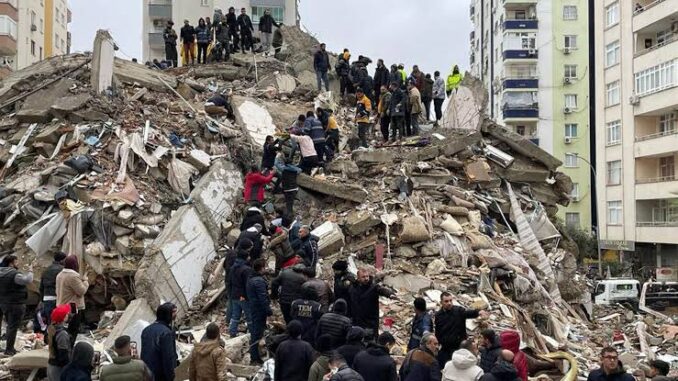
On February 22, 2011, a devastating earthquake struck Christchurch, New Zealand, altering the city’s landscape and impacting thousands of lives. The earthquake, which measured 6.3 on the Richter scale, was centered near Lyttelton, a port town just 10 kilometers from Christchurch. It occurred at 12:51 p.m. local time, during a busy lunchtime period, which exacerbated the damage and loss of life.
The quake caused widespread destruction across the city. Buildings in the central business district, including the iconic Christchurch Cathedral, were severely damaged or collapsed. The loss was not just structural; it was deeply personal. The disaster claimed 185 lives and injured over 1,500 people, leaving many families shattered and communities in mourning. The economic impact was immense as well, with estimated damages exceeding $40 billion New Zealand dollars. The city faced significant challenges in rebuilding its infrastructure and economy.
In the aftermath, the immediate response was marked by an outpouring of support from both national and international communities. Rescue teams worked tirelessly to find survivors, while emergency services and volunteers provided essential aid. The New Zealand government and local authorities implemented a series of recovery and reconstruction plans to address the extensive damage.
The earthquake revealed vulnerabilities in urban planning and building standards, prompting a reassessment of construction practices across New Zealand. It also highlighted the resilience of the people of Christchurch, who faced the daunting task of rebuilding their lives and their city. Though the road to recovery has been long and arduous, the community’s strength and solidarity have been crucial in overcoming the adversity brought by this catastrophic event.
Leave a Reply